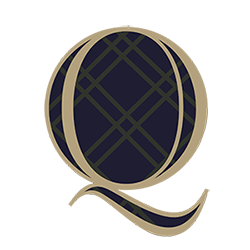13 Jan In the Language of Tongues, By Karen Au
my first is perhaps the
most foreign, yet it is the one of home.
Cantonese. She lights the path forward, a promise
of return, a call of the motherland beckoning us on.
She brings home wayward sailors
paddling peeling kayaks packed with families, Canadian-born.
Almost at the shore, upset, upstart, unsure,
the smallest wave snatches me from my oar
pulling me into the sea so I can ask my kindergarten teacher to go to the bathroom.
Now at home I speak Chinglish, and it’s a rickety raft I can barely
get to shore with. I’ll arrive wind
whipped and soaked, adding to the saltwater of the sea, bleeding.
The second language to conquer my tongue laps
at the shore of consciousness as I stumble
through shifting sand, wobbling.
The maple leaf is something I wear branded on my chest,
apparent under the dripping translucent shirt, buttons done up to the top.
I might have been born here,
but my way of speech is a barnacle, clinging
to the bottom of a hull that has traversed many seas.
My English has flavours of the not too distant exotic
as if I had washed ashore with spice laced
into my back and tea stitched into my fingernail beds.
When I expel the water in my chest my tongue gleams of the sky, limitless.
I’ve been told I speak with the cadence of the monarch and
though opioids grounded Victoria’s teeth into her land,
my grandmother does not speak the colonial language.
Her tongue lies in water-eroded cave of our ancestors where it sings.
My mom might have been raised to place “u”s in her words,
but she lives in her mother’s warm mouth and dances
in red silk with scalloped golden edges inlaid with fireflies.
She emerges when Jessica calls or when the mailman asks her to sign here
but the fabric still pools around her, fluttering
and skeleton fireflies can still be seen in her hair, blinking.
I can see, with each step towards the water, the strength she had
to leave her home behind to light my own with her flickering tongue.

